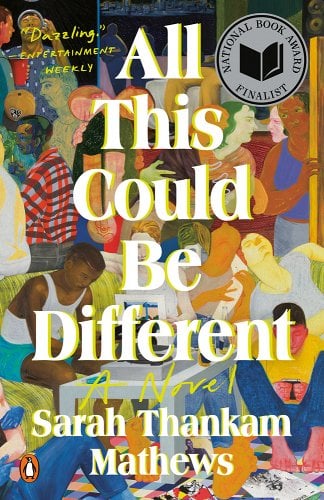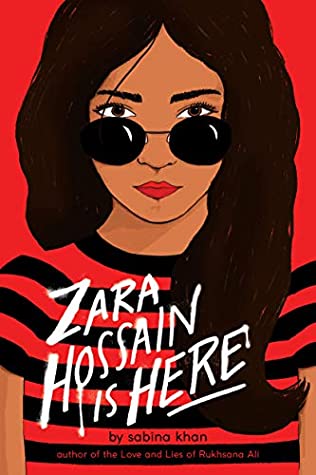Buy this from Bookshop.org to support local bookstores and the Lesbrary! I have heard only great things about this book since it came out in 2022, but I somehow didn’t actually pick it up until my queer book club chose it for this month’s pick. I vaguely remembered downloading an ARC on my ereader, soRead More
Danika reviews Zara Hossain Is Here by Sabina Khan
Zara Hossain is Here surprised me. This is a short book, and it’s written in a way that feels pared down to the essentials. When the story begins, Zara is experiencing Islamophobic harassment from the star football player at school, but she has a strong network and friends and family that supports her. This harassmentRead More

